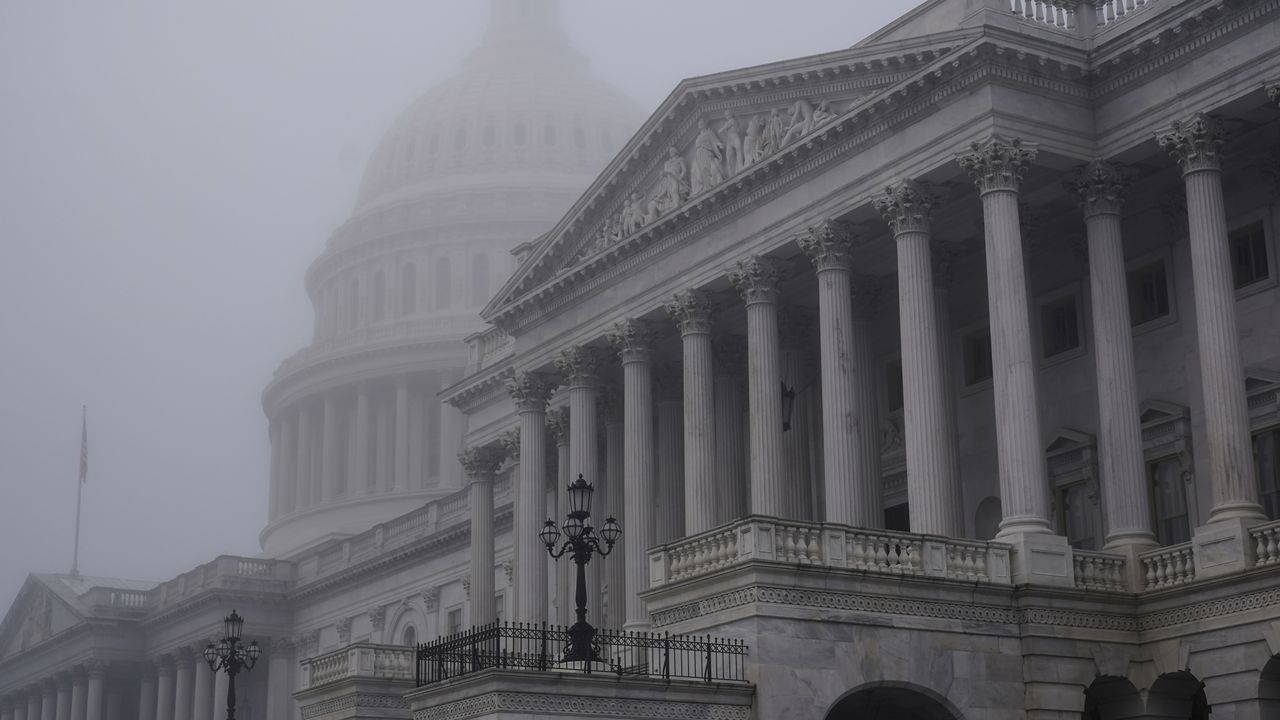WASHINGTON, D.C. — While much of the country was focused on the Senate vote to confirm Amy Coney Barrett to the Supreme Court Monday night, the nation’s highest court issued a key election case ruling, siding with Republicans to prevent Wisconsin from counting mailed ballots that are received after Election Day.
In that case, the justices refused to reinstate a lower court order that called for mailed ballots to be counted if they are received up to six days after the Nov. 3 election.
Democrats argued that the flood of absentee ballots and other challenges posed by the coronavirus pandemic make it necessary to extend the period in which ballots can be counted. Republicans opposed the extension, saying that voters have plenty of opportunities to cast their ballots by the close of polls on Election Day and that the rules should not be changed so close to the election.
The court's three liberal justices – Stephen Breyer, Elena Kagan and Sonia Sotomayor – dissented.
The justices often say nothing, or very little, about the reasons for their votes in these emergency cases, but on Monday, four justices wrote opinions totaling 35 pages to lay out their competing rationales.
In those opinions, two justices – Kagan and Brett Kavanaugh – laid out opposing viewpoints about the possibility of a protracted legal battle over the results of the presidential election.
Kavanaugh, who was appointed by President Donald Trump in 2018 to replace the retiring Justice Anthony Kennedy, argued in his concurring opinion in favor of states maintaining firm deadlines regarding when absentee ballots can and should be received by election officials.
“Those States want to avoid the chaos and suspicions of impropriety that can ensue if thousands of absentee ballots flow in after election day and potentially flip the results of an election,” Kavanaugh wrote, “and those States also want to be able to definitively announce the results of the election on election night, or as soon as possible thereafter.”
Kavanaugh also cited NYU Law Professor and CNN contributor Richard Pildes, who wrote a June law review article titled “How to Accommodate a Massive Surge in Absentee Voting.”
In it, Pildes details the challenges posed by the election, saying “late-arriving ballots open up one of the greatest risks” of destabilizing the results of the election. “If the apparent winner the morning after the election ends up losing due to late-arriving ballots, charges of a rigged election could explode. The longer after Election Day any significant changes in vote totals take place, the greater the risk that the losing side will cry that the election has been stolen.”
(It’s worth noting that, in the article, Pildes argues for moving back both the date by which absentee ballots can be returned and the date for canvassing and certifying the election result.)
Shortly after the Wisconsin decision Monday night, Trump posted to Twitter: “Big problems and discrepancies with Mail In Ballots all over the USA. Must have final total on November 3rd,” without providing any evidence to back up that claim.
Twitter quickly labeled the post as “disputed and might be misleading about how to participate in an election or another civic process.”
Kagan used her dissenting opinion to respond directly to Kavanaugh’s assertions about counting votes.
“Justice Kavanaugh alleges that ‘suspicions of impropriety’ will result if ‘absentee ballots flow in after election day and potentially flip the results of an election,’” Kagan wrote. “But there are no results to ‘flip’ until all valid votes are counted. And nothing could be more ‘suspicio[us]’ or ‘improp[er]’ than refusing to tally votes once the clock strikes 12 on election night. To suggest otherwise, especially in these fractious times, is to disserve the electoral process.”
She also argued that the Court’s ruling “will disenfranchise large numbers of responsible voters in the midst of hazardous pandemic conditions.”
In her confirmation hearings, Barrett declined to commit to Democratic demands that she step aside from any cases on controversial topics, including a potential post-election dispute over the presidential results.
The Associated Press contributed to this report.



